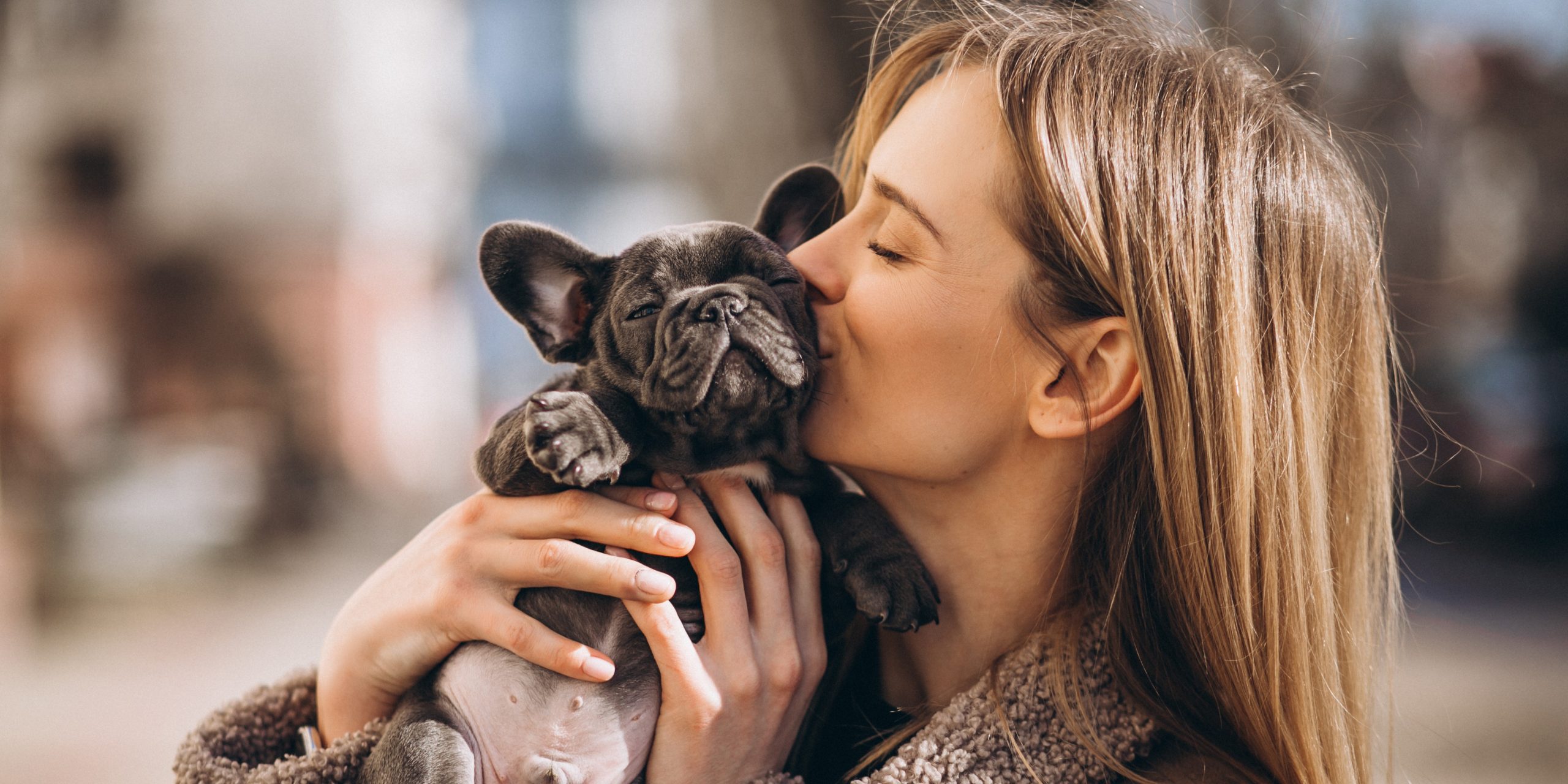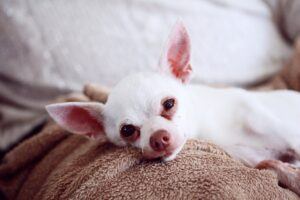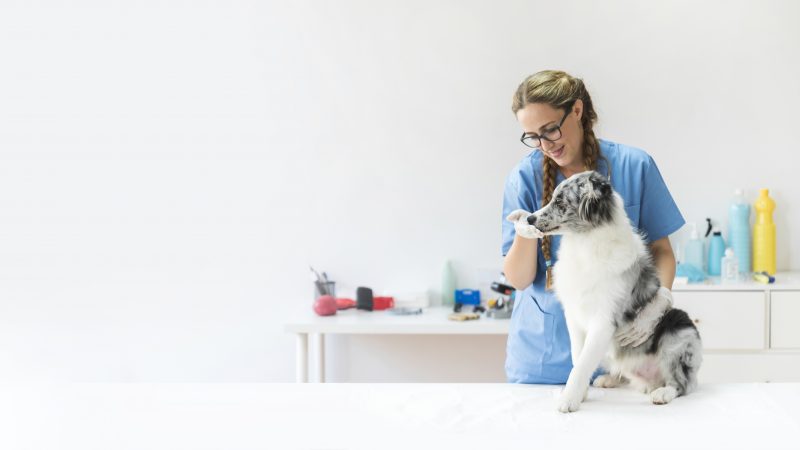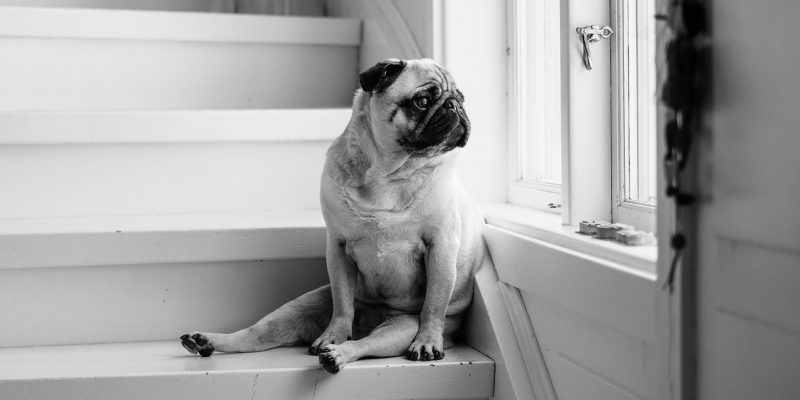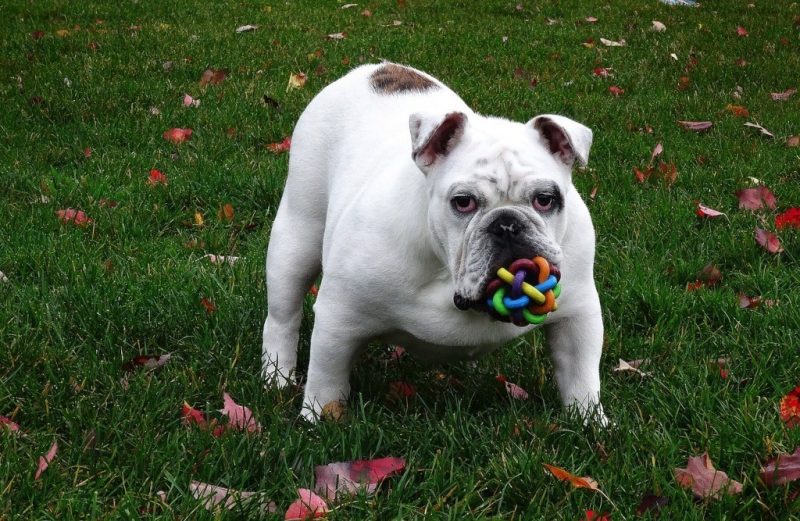Straight up, you know what we’re talking about when we refer to dog smell right? It’s that very specific, kind of musty, not totally bad odour all dogs seem to have. Deep down, you might even kind of like it. Assuming they’re up to date with their grooming schedule, healthy, and haven’t been rolling in anything gross, it can be kind of pleasant. Or, at least, reassuringly familiar.
Why Do Dogs Smell Like That?
Dogs don’t sweat in the same way we do (aka, from all over). Rather, they only sweat from their paws (although panting also helps them keep cool). When they do so, their hair follicles let off a chemical scent that is unique to them but basically smells like “dog” to us. Their hair and skin also produce oil, which add to the overall “dog smell”. They use these scent markers to communicate with each other and mark their territory.
What Is Good Dog Smell Vs Bad Dog Smell?
Most of the time, your dog’s smell shouldn’t be too overpowering. But if you notice them stinking more than usual it can be a sign that something is wrong. Bad smells can suggest issues with bacteria, fungus, allergies, and infection. In particular smelly ears and teeth can signal illness or decay.
As with humans, excessive or overly stinky gas (ok, farts) can also suggest that something isn’t right in with their gut or diet. A good rule is: if there is a weird smell, take them to the vet.
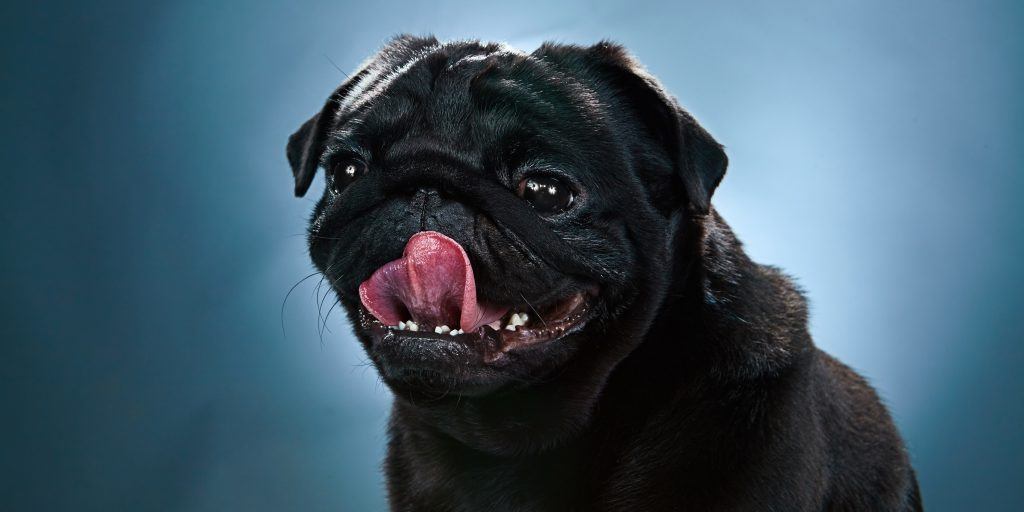
What to Do If Your Dog Stinks
If you’ve taken them to the vet, and you know the smell isn’t a sign of illness or a skin issue, but they still stink, there are a few things you can try. Firstly, consider changing up their diet. You are what you eat, after all. Also, take a close look at their shampoo. Resist the urge to go with the product that you feel smells the best. Rather choose a wash that’s gentle on skin and won’t cause any added irritation.
For most dogs, a monthly bath is enough to keep them fresh. Take the time to also check that their nails, ears, and foot pads are clean and healthy. If your dog has floppy ears, you may need to help them out by washing them with a gentle ear cleanser.
If your pet has a real love for rolling around in the mud and muck, you’ll need to bathe them more often. But for the most part, don’t overdo it. Your dog’s coat produces oils that keep it healthy. Overwashing can strip them and irritate skin. Make sure you’re also brushing them regularly between washes to help keep their skin and fur in good shape.
Again, issues with teeth need to be checked with a vet. But you can help maintain dental hygiene (and avoid dog breath) by regularly giving them dental treats.
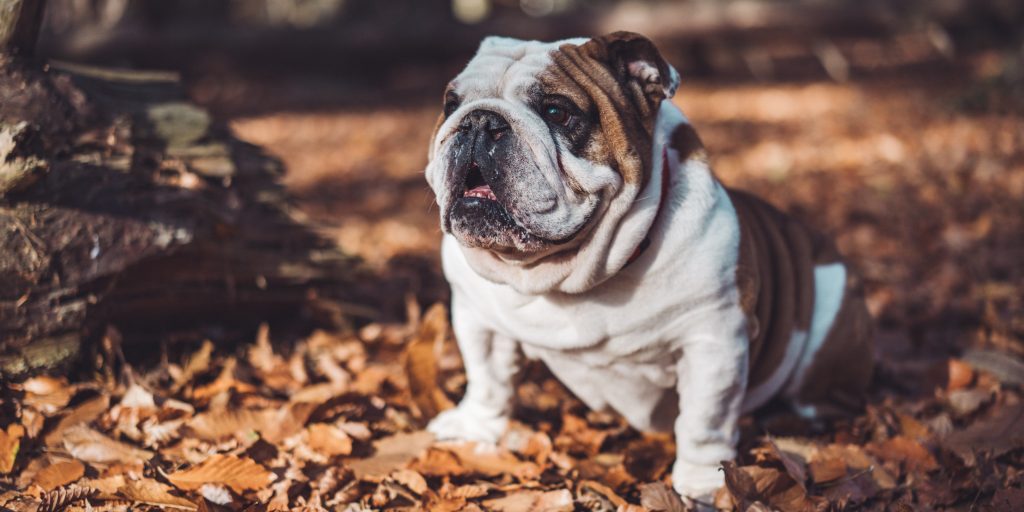
Do Some Breeds Smell More than Others?
Kind of. Some breeds are more likely to have issues with their skin and ears, which can lead to a bad dog smell. Breeds with a lot of excess skin (pugs, bulldogs, shar peis, bloodhounds etc) are more likely to experience irritation as the folds can trap moisture and microorganisms.
Similarly, floppy ears can also make dogs more susceptible mites or infections that can cause them distress and smell bad. Again, make a habit of checking their ears regularly. Alternatively, some breeds do appear to have particularly good self-grooming habits that could help cut down on smell. Chow chows, basenjis, and Japanese chins are all quite cat-like in their cleanliness. But for the most part, a happy, healthy, regularly groomed dog should smell great–admit it, you love dog smell.
For more on understanding dogs, check out:
Is Dog Perfume Safe? And Is It Worth It?
Your Dog Likes Podcasts and TV as Much as You
How To Tell Your Dog You Love Them
While you’re here, subscribe to our newsletter, check out our magazine, and follow us on Instagram, Facebook, and Twitter.

